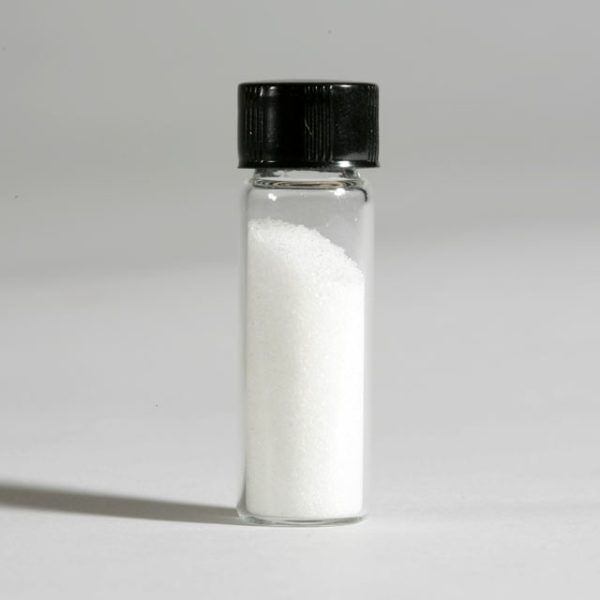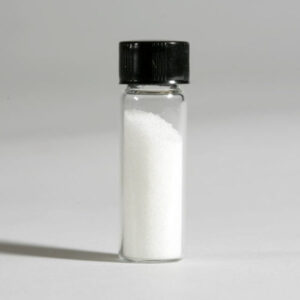Buy PCP Powder Online
Buy PCP Powder Online short for Phencyclidine, is a powerful and hallucinogenic drug that has gained notoriety for its mind-altering effects. In this guide, we’ll delve into what PCP is, its meaning, effects, and answer common questions, including how long it stays in your system.
What is PCP?
They originally developed PCP, also known as Angel Dust, as a dissociative anesthetic for medical use but later discontinued it due to its adverse side effects. The United States now categorizes it as a Schedule II controlled substance
PCP Meaning:
The acronym PCP stands for Phencyclidine, the chemical name of the drug. However, it is more commonly referred to by its street names, including “Angel Dust” or simply “PCP.”
What is PCP?
PCP is a synthetic drug that comes in various forms, such as a white crystalline powder, liquid, or tablet. It can be ingested orally, inhaled, or injected. Its effects are known to produce hallucinations, altered perceptions, and a dissociative state where the user feels detached from reality.
PCP Near Me:
Seeking help for PCP addiction or understanding more about this drug is essential. If you or someone you know is struggling with PCP abuse, it’s vital to locate addiction support and treatment services near you. Many rehabilitation centers and mental health professionals can provide the necessary assistance.
How Long Does PCP Stay in the System?
The duration PCP remains in your system can vary depending on several factors, including the frequency of use, dosage, and individual metabolism. In general, PCP can be detectable in urine for up to 1 to 7 days after use, in blood for a few hours, and in hair follicles for several months. However, the effects of PCP are often felt for a shorter duration, typically lasting 4 to 6 hours.
effects of pcp powder
Higher doses of PCP can cause hallucinations and symptoms similar to the effects of mental illnesses like schizophrenia. These include anxiety, delusions, paranoia, trouble forming coherent thoughts, suicidal thoughts, and bizarre behavior. PCP users can get violent.
- body numbness
- dizziness
- drooling
- slurred or garbled speech
- loss of muscle coordination and balance
- profuse sweating
- rapid, involuntary eye movements or a blank stare
- nausea and vomiting
Conclusion: Phencyclidine, or PCP, is a potent hallucinogenic drug with a complex history. Understanding its nature, effects, and potential consequences is crucial for individuals and communities. If you or someone you know is dealing with PCP addiction, seeking professional help is the first step toward recovery and a healthier, drug-free life.


